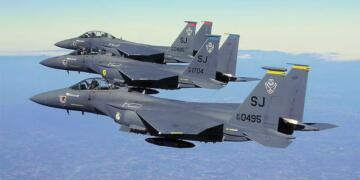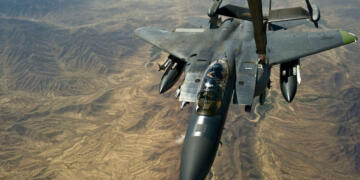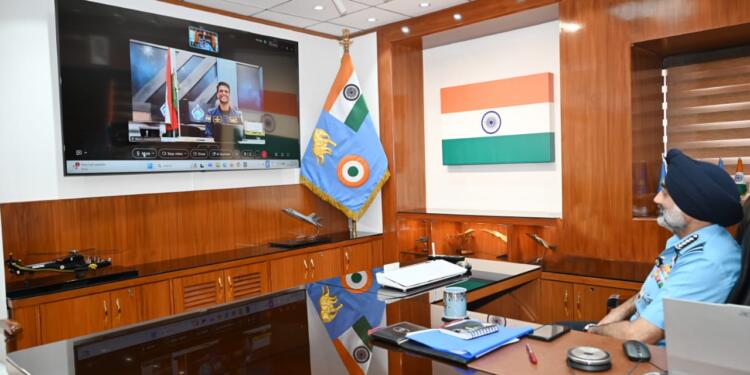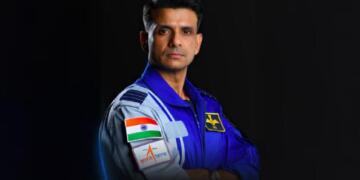In a milestone moment for India’s space journey, Group Captain Shubhanshu Shukla, a seasoned Indian Air Force pilot, is preparing to soar beyond Earth as part of the Axiom Mission 4 (Ax-4) to the International Space Station (ISS). The mission, a collaboration between Axiom Space, SpaceX, NASA, and global partners, is now set for June 11, after weather delays pushed back the original launch date.
The four-member crew, including Shukla, will lift off aboard a SpaceX Falcon 9 rocket from NASA’s Kennedy Space Center in Florida. The launch is now scheduled for 8:00 a.m. Eastern Time (5:30 p.m. IST).
Ahead of the launch, the Indian Air Force offered heartfelt support. In a message shared on social media platform X, the IAF wrote:
“As Group Captain Shubhanshu Shukla prepares to embark on the Axiom-4 space mission tomorrow, the Chief of the Air Staff and all Air Warriors of IAF wish him and the entire crew all the best for a safe and successful trip to the International Space Station. This will add a new chapter to the Indian Space Odyssey. Touch the sky with glory!”
A Pilot with a Purpose
For Shubhanshu Shukla, this mission is more than just a scientific expedition—it’s the realization of a lifelong dream. Born in Lucknow, Uttar Pradesh, in 1985, Shukla grew up inspired by the courage of Indian soldiers during the Kargil War. That early spark led him to join the National Defence Academy in 2001. He was commissioned into the IAF in 2006 and went on to become a fighter pilot and test pilot, flying everything from MiG-21s to the Su-30MKI, logging over 2,000 hours in the sky.
He later earned a Master’s degree in Aerospace Engineering from the Indian Institute of Science (IISc), and in 2019, he was selected for India’s Human Spaceflight Programme. Shukla trained in Russia at the Yuri Gagarin Cosmonaut Training Center, followed by advanced astronaut training at ISRO’s facility in Bengaluru.
Axiom-4: Science Meets Space
During the two-week Ax-4 mission, Shukla will conduct seven microgravity experiments developed by Indian scientists. These include:
Research into muscle regeneration in space
Studying how moong beans and sprouts grow in zero gravity
Exploring algae as a sustainable space food
Analyzing how tardigrades, or “water bears,” survive extreme conditions
Testing how humans interact with technology in microgravity
The data gathered could advance everything from space medicine to future planetary agriculture—vital knowledge for long-term human missions in space.
A New Chapter in India’s Space Legacy
Shukla’s journey puts him in the rare company of Indian space pioneers like Rakesh Sharma, who flew aboard a Soviet mission in 1984. More than four decades later, Shukla is set to become the first Indian astronaut to visit the ISS, representing not just the IAF, but the next chapter of India’s ambitions in global space exploration.



























